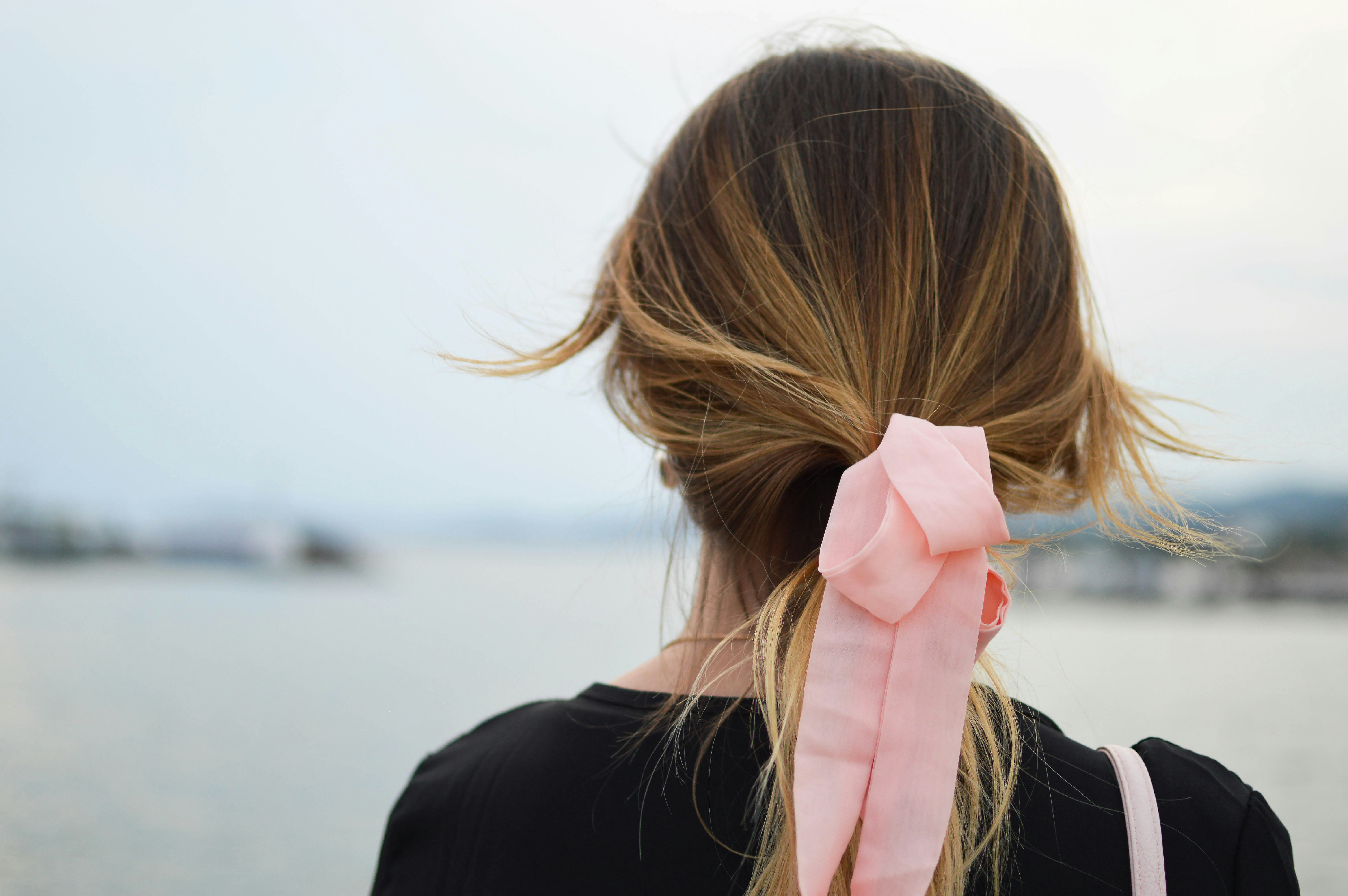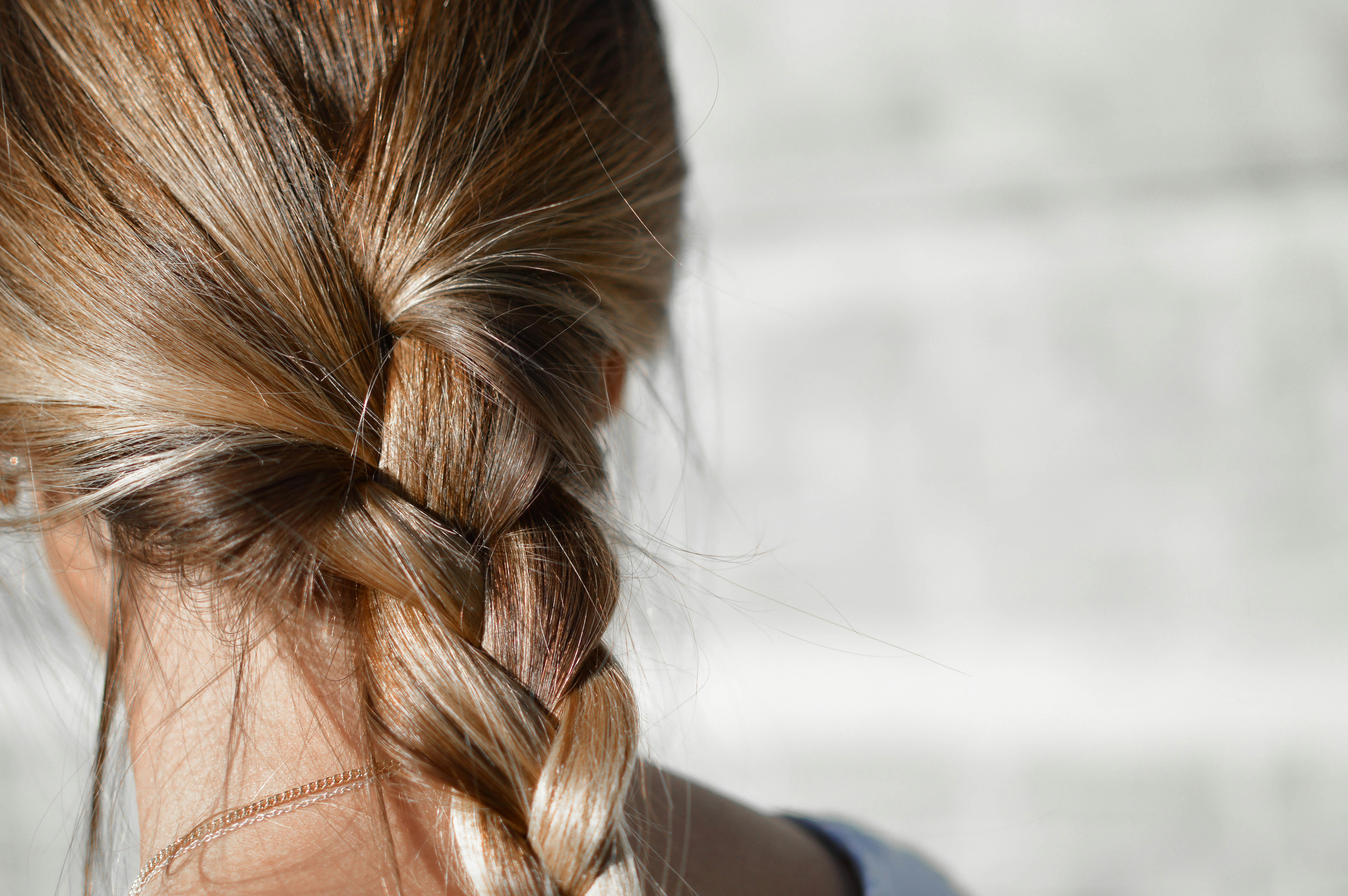Thinning hair can be a frustrating experience. Whether it’s the result of genetics, stress, or environmental factors, many people find themselves searching for effective solutions to restore their locks. A full head of thick hair is often seen as a sign of health and vitality, so when strands start to dwindle, it can feel disheartening. The good news? There are plenty of strategies out there that can help you strengthen your hair and regain confidence in your appearance.
From natural remedies to professional treatments, this guide will explore some of the best ways to combat thinning hair. Let’s dive into the world of hair strengthening solutions that could transform not just your tresses but also how you feel about yourself!
Understanding Thinning Hair and its Causes
Thinning hair is a common concern that affects many individuals, regardless of age or gender. It often manifests as widening part lines, receding hairlines, or overall decreased volume.
Several factors contribute to this issue. Genetics play a significant role; if your family has a history of thinning hair, you might be more predisposed to it. Hormonal changes can also impact your locks, especially during events like pregnancy or menopause.
Stress is another major culprit. When life gets overwhelming, the body reacts in various ways—hair loss being one of them. Additionally, nutritional deficiencies can weaken strands over time and lead to breakage.
Environmental elements shouldn’t be overlooked either. Pollution and harsh weather conditions can wreak havoc on hair health. Understanding these causes is the first step toward finding effective solutions for stronger and healthier hair.
Top 5 Hair Strengthening Solutions
When it comes to hair strengthening, a variety of solutions can help restore vitality.
First up is biotin supplementation. This B-vitamin enhances keratin production, vital for stronger strands. Many people see noticeable improvements in thickness and health.
Next on the list are protein treatments. These products penetrate the hair shaft and repair damage. Regular use can fortify each strand, reducing breakage significantly.
Consider using essential oils like rosemary or peppermint as well. These not only stimulate scalp circulation but also promote new growth over time.
Another fantastic option is adding hyaluronic acid serums to your routine. These hydrate and plump up the hair follicles, leading to shinier and stronger locks.
Don’t overlook daily conditioning masks enriched with natural extracts such as argan oil or aloe vera. They nourish deeply while providing protection against environmental stressors.
Natural Remedies for Thinning Hair

Natural remedies can provide a gentle touch for thinning hair. Many people find solace in the power of herbs and oils.
Rosemary oil is particularly popular. It stimulates blood circulation to the scalp, promoting healthier growth. Dilute it with a carrier oil before massaging into your roots.
Another effective solution is aloe vera. This succulent hydrates and nourishes hair while reducing breakage. Apply fresh gel directly from hair oil for hair growth the leaf for optimal results.
Green tea also shows promise due to its rich antioxidants. Rinsing your hair with cooled green tea may help strengthen strands over time.
Don’t overlook the benefits of essential fatty acids found in foods like avocados and nuts. They nourish from within, supporting overall hair health.
Consistency is key when using these natural solutions, as results take time but are often worth the patience involved.
Professional Treatments for Thinning Hair
Professional treatments for thinning hair offer a range of options tailored to individual needs. One popular choice is platelet-rich plasma (PRP) therapy, which uses your own blood components to stimulate hair growth.
Another effective method is laser therapy. This non-invasive treatment employs low-level lasers to improve circulation in the scalp and promote healthier follicles.
Hair transplant procedures have gained popularity as well. Surgeons relocate healthy hair follicles from one part of your scalp to areas experiencing thinning or balding.
For those seeking immediate results, fashion topical minoxidil can be prescribed by dermatologists. It encourages follicle activity and slows down the progression of hair loss.
Consulting with a trichologist may provide insights into personalized care plans and product recommendations suited for your specific condition.
Lifestyle Changes to Promote Stronger, Healthier Hair

Making simple lifestyle changes can significantly impact hair health. Start by focusing on a balanced diet rich in vitamins and minerals. Incorporate foods high in omega-3 fatty acids, like salmon and walnuts, which nourish your scalp.
Stay hydrated throughout the day to support overall body function, including hair growth. Water helps transport nutrients effectively.
Regular exercise is crucial as well. It boosts blood circulation to the scalp, promoting healthier follicles. Aim for at least 30 minutes of activity most days.
Minimize stress through mindfulness practices such as yoga or meditation. Stress can lead to hair loss, so finding ways to relax is essential.
Prioritize sleep quality. Aim for seven to nine hours each night for optimal recovery and regeneration processes in your body—including those that affect your hair’s strength and vitality.
Dealing with Thinning Hair: Psychological Effects and Coping Strategies
Experiencing thinning hair can take a toll on self-esteem. Many individuals find themselves feeling less confident in social situations or even at work. The constant worry about appearance might lead to anxiety, affecting daily interactions.
It’s important to acknowledge these feelings rather than dismiss them. Talking openly with trusted friends or family members can provide much-needed support and reassurance.
Engaging in mindfulness practices like meditation or yoga may help alleviate stress associated with hair loss. These activities promote overall well-being and foster a more positive mindset.
Additionally, exploring new hairstyles or experimenting with accessories could shift focus from thinning areas to what you love about your look. Finding joy in personal style allows for greater expression despite the challenges faced.
Seeking professional counseling can also be beneficial for those struggling deeply with their emotions surrounding hair loss, providing tools to cope effectively and boost mental resilience.
Conclusion
Thinning hair can be a challenging experience, affecting both your appearance and self-esteem. Understanding the causes is crucial in addressing the issue effectively. Whether it’s genetic factors, hormonal changes, or stress-related issues, recognizing what leads to thinning hair can guide you towards appropriate solutions.
From topical treatments to dietary adjustments, various strategies exist for strengthening your strands. Embracing natural remedies like essential oils and herbal supplements offers a gentle approach that many find beneficial. For those seeking quicker results or more targeted therapies, professional treatments such as PRP therapy or laser therapy might provide significant relief.
Lifestyle changes play an undeniable role too. Incorporating nutrient-rich foods into your diet and reducing stress through mindfulness practices can make a world of difference for hair health.
The psychological impact of thinning hair shouldn’t be overlooked either. Many individuals experience anxiety and reduced confidence due to their changing appearance. Finding support—whether through friends, family, or communities—can help navigate these feelings while fostering resilience.
With the right knowledge and tools at hand, you are equipped to tackle thinning hair head-on with effective hair-strengthening methods tailored just for you!



